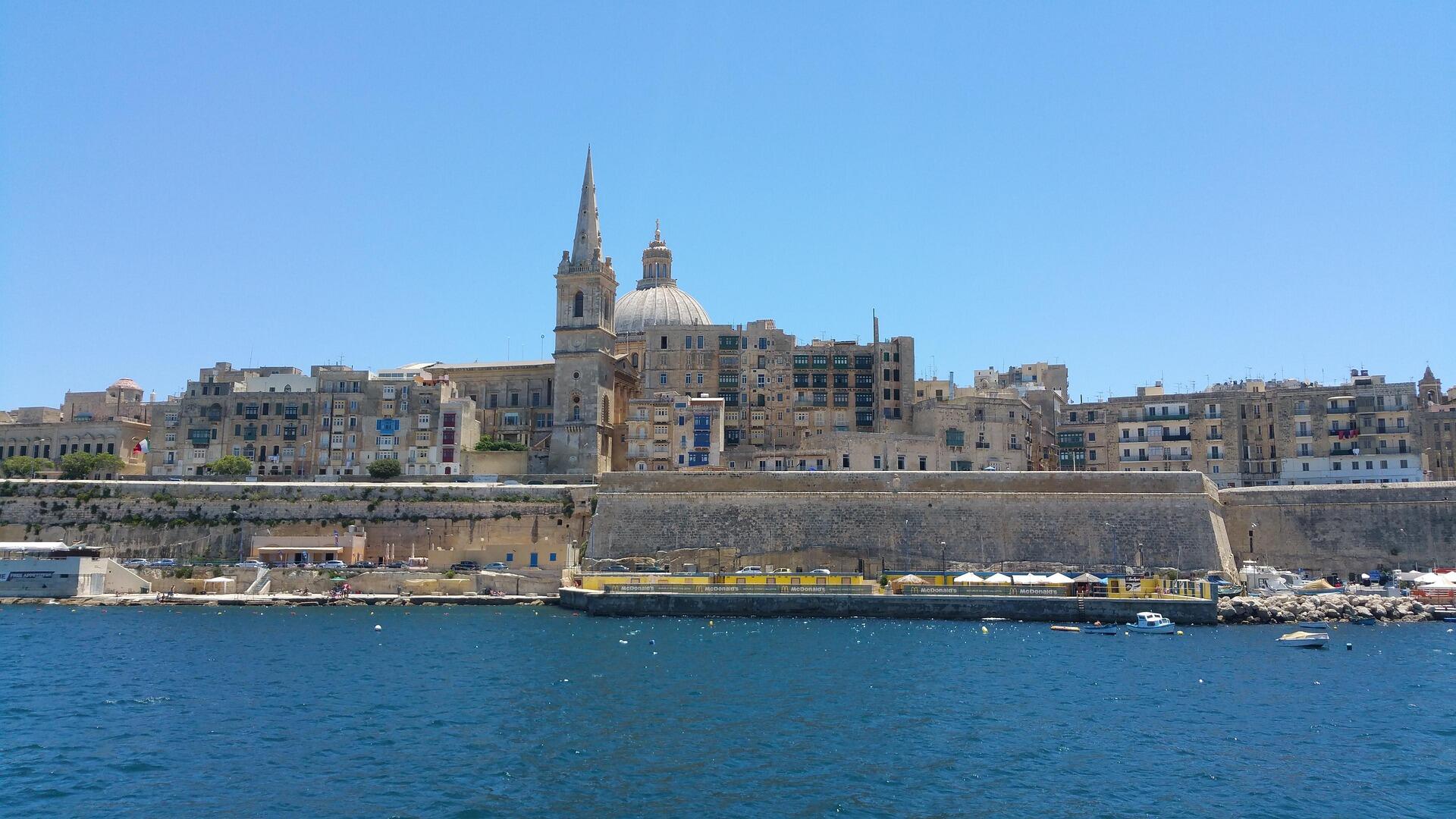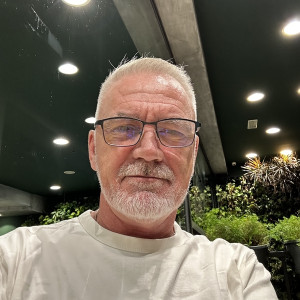Valletta is the capital of Malta and one of the most beautiful small cities in Europe. It stands on a hill surrounded by the sea, full of museums, cafés, and historic stone buildings. Many people visit every year to enjoy its calm atmosphere and rich history.
English has a very strong place here. It is one of Malta’s two official languages, used in schools, offices, and daily life. Because Valletta is the country’s main political and cultural center, you will hear clear English everywhere, from local shops to government buildings. Compared to other towns like St Julian’s or Sliema, Valletta feels more traditional and focused on culture and education instead of nightlife or tourism.
international students come to Malta to study English, and many of them choose Valletta for its calm atmosphere and rich cultural life.

Life in Valletta: Language, People, and Atmosphere
Valletta is small, with a population of around 6,000 residents, but every day thousands of people visit for work, study, or tourism. The city feels busy during the day and peaceful in the evenings. It is one of the most visited places in Malta, so you will always see students, artists, and travelers walking through its narrow streets.
Because English is one of Malta’s official languages, almost everyone speaks it well. You can use English anywhere, in shops, offices, buses, and cafés, and locals are used to speaking it with foreigners. Most Maltese people grow up bilingual, speaking both Maltese and English from childhood.
Other languages are common too. You will often hear Italian, especially on TV or in music, and some people speak a bit of French. In tourist areas, you might even hear German, Spanish, or Russian, because Malta attracts visitors from all over Europe.
This strong mix of languages makes Valletta a perfect place to learn. Many people choose to study at English schools in Valletta, where daily life gives them real opportunities to practice what they learn in class.
If you’d like to compare Valletta with other areas around the islands, the Malta English Schools Guide gives you a broad overview of the main study spots.
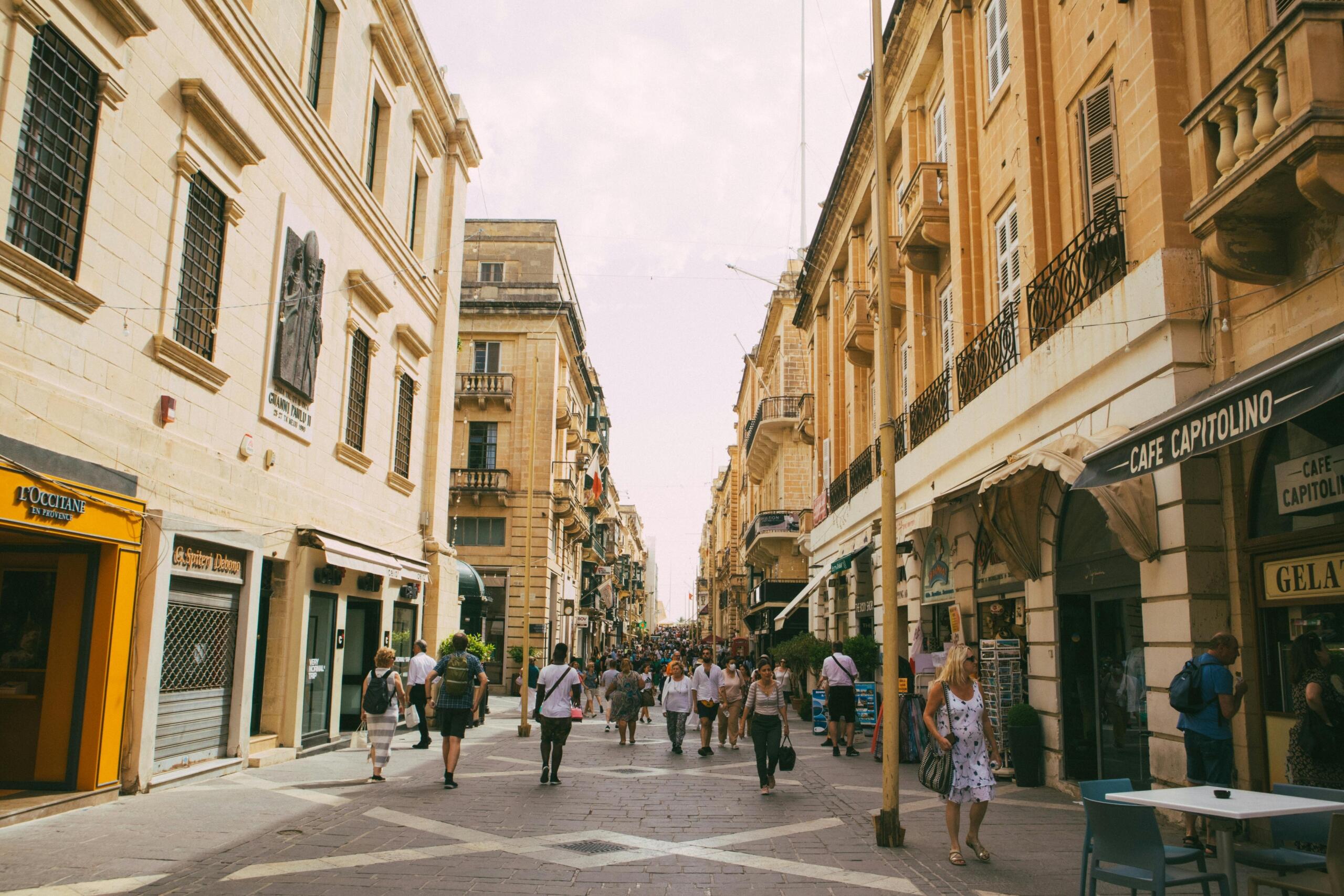
Finding English Schools in Valletta
If you come to study English in Valletta, you will not feel alone. The city is very social and safe, and most people are open to conversation. Students often meet new friends in cafés, local events, or community classes. Because of its small size, you quickly start to recognise faces and feel like part of the local rhythm.
This friendly atmosphere also makes learning easier. There are many private English schools across the island, but not all learning happens in commercial classrooms. In Valletta, you can also find public and community programs that help adults improve their English at a lower cost.
The Lifelong Learning Centre, managed by the Ministry for Education, offers evening ESOL courses for adults. These classes are affordable and open to anyone living in Malta. The University of Malta also supports English learning. Its main campus is in Msida, only a few minutes away from Valletta, but the historic Valletta Campus often hosts short English and academic communication courses for international learners.
You can also check MCAST (Malta College of Arts, Science and Technology). It provides technical and workplace English programs for adults who need English in their jobs. Some local councils organise English and Maltese literacy courses too, helping residents feel more confident in everyday communication.
Students who want more of a resort-style atmosphere can look at Finding English School St Julian’s and see how it differs from the capital.
Unlike many other countries, Malta does not have a special national institute to promote English abroad. English is already one of its official languages and part of daily life, supported directly through public education and lifelong learning programs.
Learning English in Valletta is not only about studying grammar or vocabulary. Every café, museum, and conversation gives you real practice. The city itself feels like an open classroom where culture and language come together naturally.
Costs, Support, and Student Life in Valletta
Studying in Valletta can be more expensive than in smaller towns like Gozo or Mosta, because it is the capital and a popular tourist area. Still, it is possible to live and study here on a budget if you plan carefully.
There are no large national scholarships made only for English language students, but some public education programs such as the Lifelong Learning Centre offer very low-cost or subsidised courses for adults. These are supported by the Maltese Ministry for Education and are open to residents and long-term visitors.
For accommodation, most students rent a shared apartment or stay with host families around Valletta, Floriana, or Msida. Homestays often include meals and give you extra practice with English in daily life. The University of Malta and MCAST also share housing information for international students, and some local councils keep lists of short-term rentals.
And if you’re curious about studying somewhere truly quiet and scenic, English School Gozo Guide is ideal to explore that option.
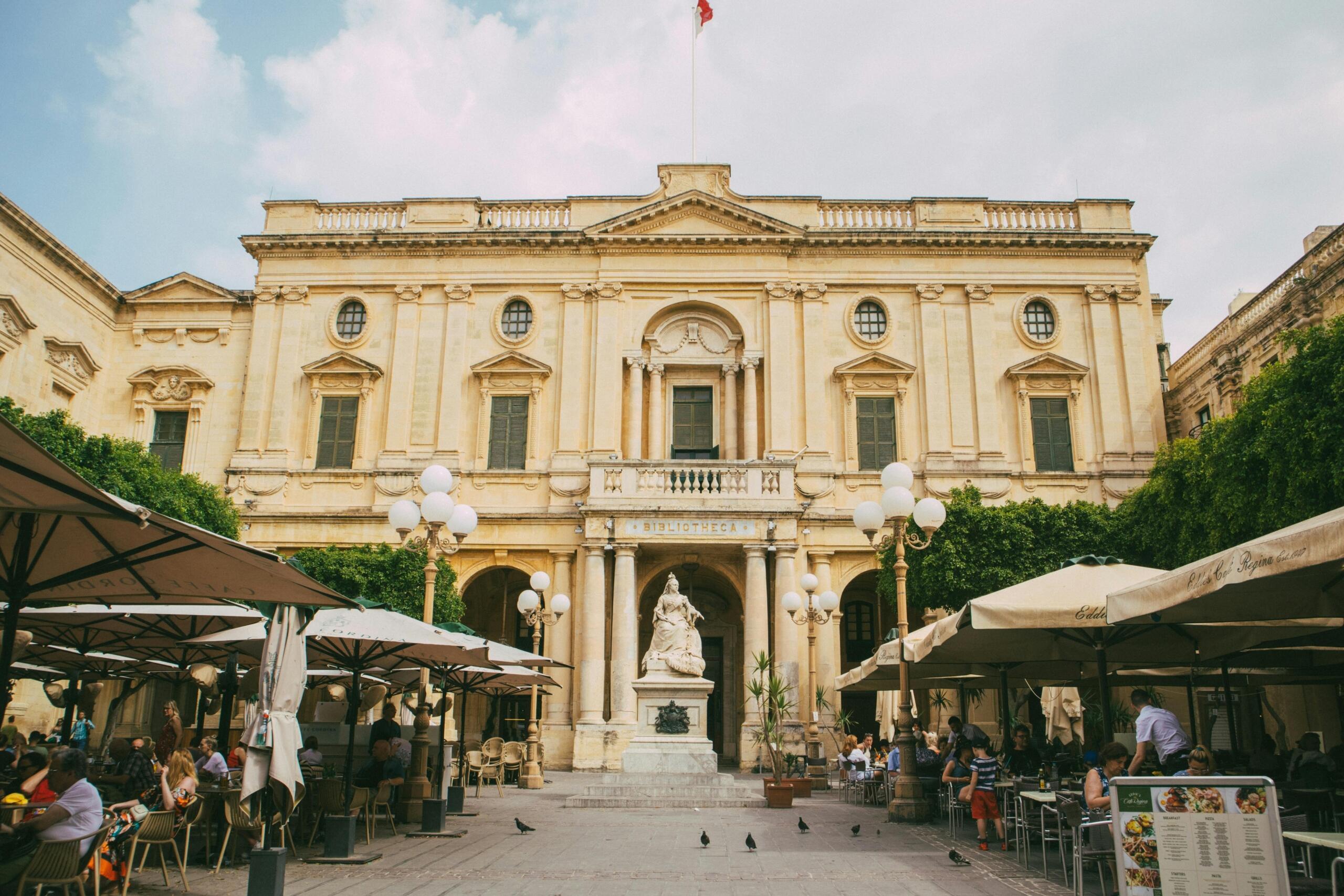
Living costs depend on your lifestyle. A small meal in Valletta costs about 12-15 EUR. You can save money by shopping at local markets, especially the Valletta open-air market on Merchant Street or Is-Suq tal-Belt, where prices are lower than in supermarkets.
Many shops also offer student discounts or weekly sales, especially in winter. Many shops also offer student discounts or weekly sales, especially in winter. To live more affordably, most students cook at home, buy seasonal fruits and vegetables from markets, and share accommodation. Valletta is compact, so you can walk almost everywhere, which also saves on transport.
Valletta is small and easy to explore on foot, but buses connect the city with every part of Malta. The main bus terminal is just outside the city walls, next to the Triton Fountain.
Most students use the Tallinja Card, a smart travel card for public transport in Malta and Gozo. If you have a personalised Tallinja Card (the one with your name and photo), you can travel for free on all day routes, night routes, and special services across the islands.
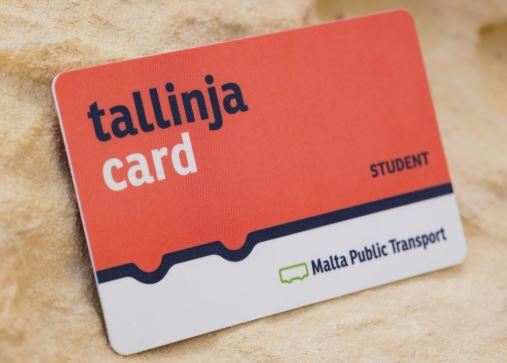
The same card also gives free access to the Marsamxetto ferries, which connect Sliema and Valletta, and to the Barrakka Lift, which links the harbour area with the Upper Barrakka Gardens.
This makes transport in Valletta simple and affordable. You can easily visit other towns, go to class in Msida or Sliema, and enjoy the sea views while you travel. Visitors without the card can still use the buses by buying single tickets, which cost around 2.50 EUR per trip.
With such easy transport options, moving around the island is effortless, whether you’re heading to class or exploring after lessons. Many students who learn English in Valletta also use the buses and ferries to reach nearby beaches, museums, or language exchange meetups. This convenient setup is one reason why English schools in Valletta are so popular studying here means your classroom can be anywhere, from a seaside café to a quiet garden overlooking the harbor.
For a more laid-back coastal base that’s still close to everything, Malta Sliema English Schools offers a good comparison to Valletta’s compact streets.
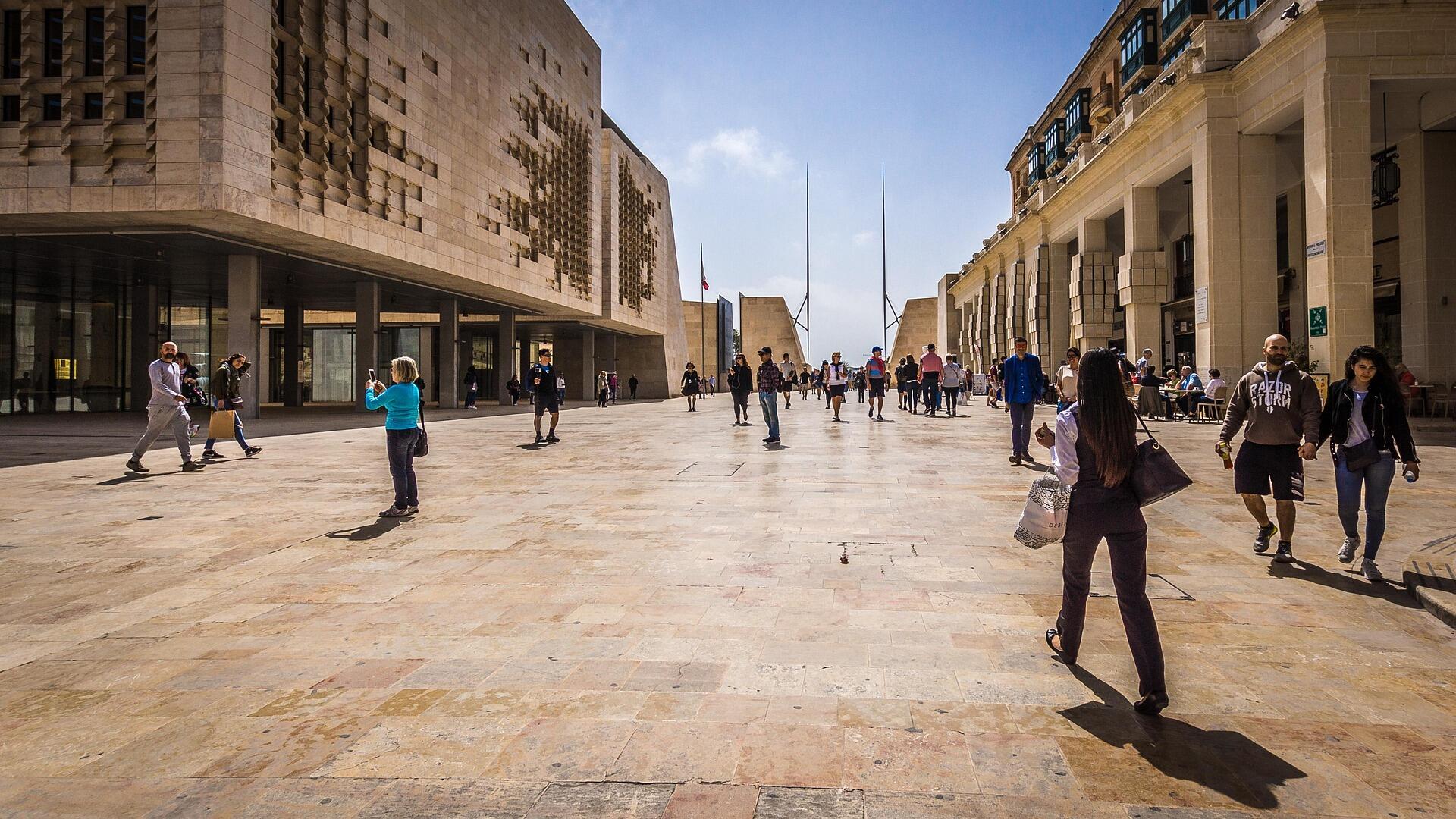
Fun Facts About English in Valletta
- Maltese English has its own accent.
The Maltese accent sounds musical and warm. You will often hear people pronounce “th” like “t” or “d”. For example, thank you may sound like tank you, and this can sound like dis.
- People mix Maltese and English in the same sentence.
Locals often switch between the two languages without even noticing. A typical Valletta phrase might be:
“I’m going to the shop mela!”
Here, “mela” is a Maltese word that means “of course” or “so”, used like a friendly filler.
- “Alright” means more than alright.
In Valletta, Alright! can mean hello, agreement, or even goodbye, depending on tone. It’s a quick and friendly way to connect.
- Maltese people love to add “ta” at the end of sentences.
You might hear: “See you later, ta?”
It’s a local tag that means “okay?” or “isn’t it?”. It makes conversations sound warm and informal.
- English is official, but sounds local.
Even though it is a national language, Maltese English keeps its charm with unique rhythm and expressions that make it easy to recognise.
Summarise with AI:

